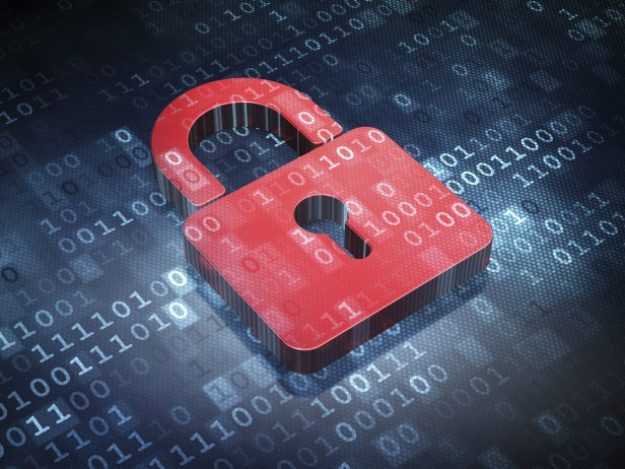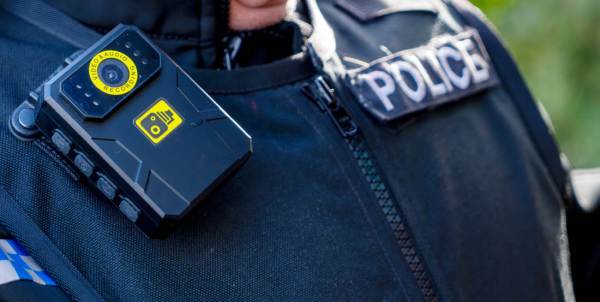California bill would require warrant for digital data access

A California state senator is looking to prohibit the intrusion of federal, as well as state and local, law enforcement authorities on technology and digital data as a whole.
Mark Leno, a state senator from San Francisco, introduced the Electronic Communications Privacy Act Monday. If passed, the bill will require a warrant for law enforcement to access a suspect’s email accounts. The law would also require law enforcement to obtain a warrant to search or record data from any electronic devices obtained from a suspect upon arrest.
Leno’s law would put legislation behind the 2014 U.S. Supreme Court case Wiley v. California, which established that law enforcement officials would require a warrant to search a cellphone of an arrested suspect.
“Californians lives are relying evermore on digital information and following the NSA [National Security Agency] debacle, more Californians recognize the risk to their privacy and their Fourth Amendment constitutional rights,” Leno told Ars Technica. “Other states have moved ahead bypassing California.”
Fifteen states have put into law the protections established by the Supreme Court’s precedent. According to Leno, the provisions to require a warrant for digital access have “near universal support” from the tech industry.
Companies like Apple, Google and Facebook have come out in support of the legislation. The private sector support is joined by nonprofits and think tanks like the Electronic Frontier Foundation and the American Civil Liberties Union.
Despite the fact that the law would not be the first digital protection bill at the state level, legal experts report that the law could end up being the most comprehensive bill ever passed at the state level.
Hanni Fakhoury, a staff attorney for the Electronic Frontier Foundation, told Ars Technica that the law would require law enforcement to obtain a warrant to obtain location information and metadata from a potential suspect.
The bill would “give California judges the discretion to appoint a special master to ensure an electronic search warrant is narrowed, as well as require information obtained by the warrant that is unrelated to the investigation be destroyed as soon as possible,” Fakhoury said.






